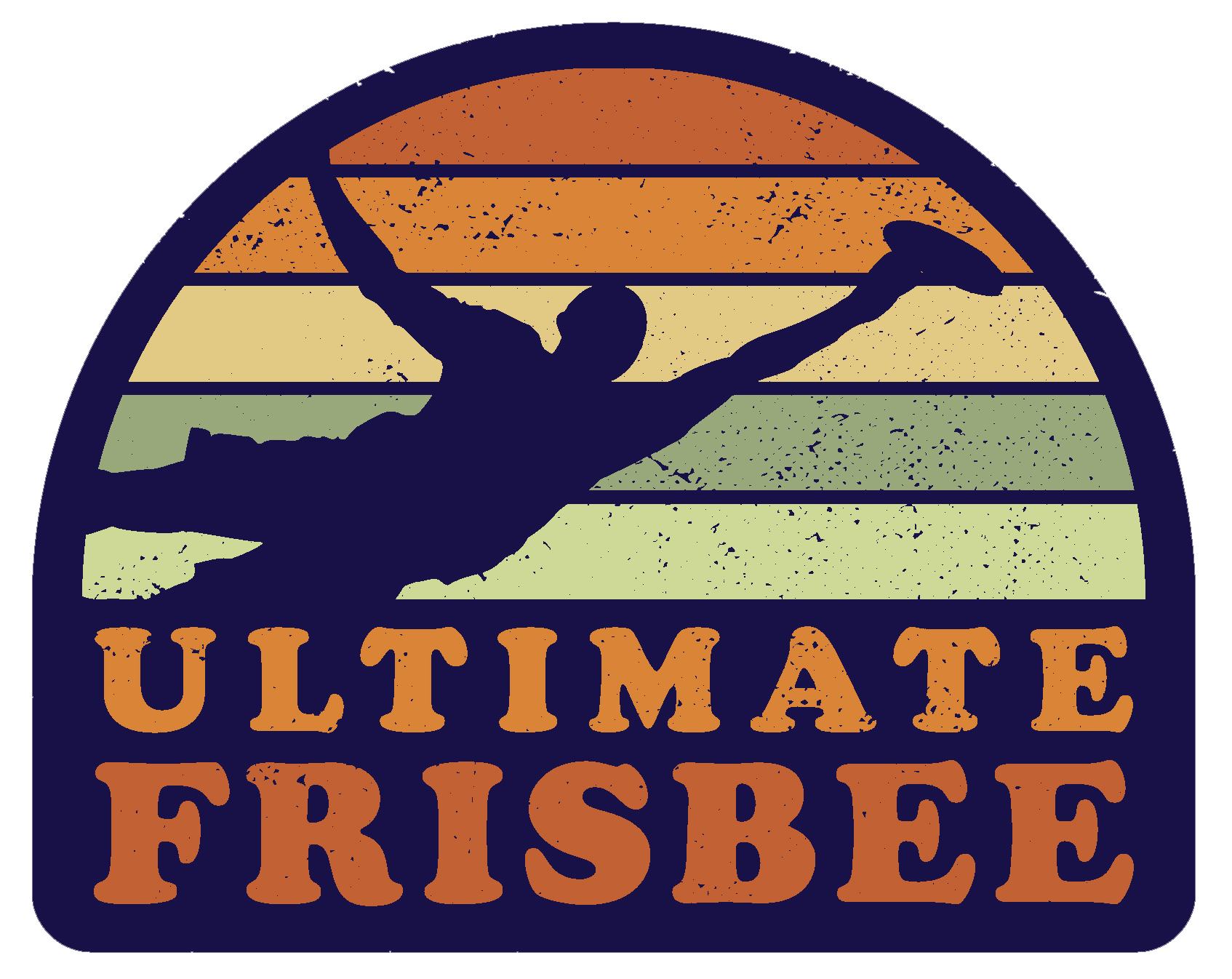Ultimate Frisbee, often simply referred to as “Ultimate,” is a team sport played with a flying disc, commonly known as a frisbee. The game combines elements of soccer, basketball, and football, but with a unique twist — the frisbee. This article delves into the history, rules, and global appeal of this dynamic sport.
A Brief History of Ultimate Frisbee
The origins of Ultimate Frisbee can be traced back to the 1960s. Let’s embark on a journey through time to understand how this sport evolved.
- The Beginning: The sport was first introduced in 1968 by a group of high school students in Maplewood, New Jersey. It started as a fun game among friends but quickly gained popularity.
- Growth and Recognition: Over the decades, Ultimate Frisbee spread to colleges and universities. By the 1970s, it had established a firm foothold in the sporting world. The first official rules were penned down in 1970, providing a structured format for the game.
- Global Expansion: Today, Ultimate is played in over 80 countries, with numerous national and international tournaments held annually. The World Flying Disc Federation (WFDF) governs the sport at the global level.
From its humble beginnings as a pastime among friends, Ultimate Frisbee has grown into a globally recognized sport with a rich history and a bright future.
Rules and Gameplay
Like any sport, Ultimate Frisbee has its set of rules and gameplay mechanics. Let’s delve into the intricacies of the game.
- Objective: The primary goal is to score points by catching the disc in the opposing team’s end zone, similar to a touchdown in football.
- Fair play: Ultimate underscores sportsmanship and respect among players. The absence of official referees allows players to resolve disputed situations themselves.
- Team Composition: Each team consists of seven players. The game is played on a rectangular field with end zones at both ends.
- Game Progression: Players advance the disc by passing it to teammates. Running with the disc is not allowed. If the disc is dropped or intercepted, possession changes to the opposing team.
- Scoring: A point is scored when a player catches the disc in the opposing team’s end zone.
- Game Duration: A typical game lasts until one team reaches a predetermined number of points, usually 15, or until a set time has elapsed.
The rules of Ultimate Frisbee, while straightforward, require strategy, teamwork, and athleticism. The game’s fluidity and dynamic nature make it a thrilling spectacle for both players and spectators.
Key Facts about Ultimate Frisbee
| Fact | Detail |
|---|---|
| Origin | 1968, Maplewood, New Jersey |
| Governing Body | World Flying Disc Federation (WFDF) |
| Team Size | 7 players |
| Scoring | Catching the disc in the opposing team’s end zone |
| Global Presence | Played in over 80 countries |
Global Appeal and Tournaments
Ultimate Frisbee’s appeal is not limited to any particular region. Its global reach is evident in the numerous tournaments and events held worldwide.
- World Championships: Organized by the WFDF, the World Ultimate Championships are held every four years, attracting teams from all over the globe.
- National Leagues: Many countries have their national leagues and championships, further testament to the sport’s popularity.
- Youth and College Tournaments: The sport has a significant presence in educational institutions, with many colleges and schools hosting their tournaments.
- Community Events: Local communities and clubs often organize friendly matches and events, promoting the sport at the grassroots level.
Ultimate Frisbee’s global appeal is undeniable. From world championships to local community events, the sport has carved a niche for itself in the hearts of many.
Ultimate Frisbee and the Olympic Dream
One of the frequently asked questions about Ultimate Frisbee is its status concerning the Olympic Games. Let’s explore whether Ultimate Frisbee is considered an Olympic sport and understand the rationale behind its current standing.
- Official Recognition: The World Flying Disc Federation (WFDF) is the international sports federation responsible for the global governance of flying disc sports, including Ultimate Frisbee. WFDF is recognized by the International Olympic Committee (IOC) and the International Paralympic Committee (IPC). This recognition is a significant step towards the sport’s potential inclusion in the Olympic Games.
- Current Status: While Ultimate Frisbee has received recognition from the IOC, it has not yet been included as a competitive sport in the Olympic Games. Recognition by the IOC means that the sport meets certain criteria and standards set by the Olympic Committee, but it does not guarantee its inclusion in the Games.
- Rationale: The process of including a new sport in the Olympic Games is multifaceted. Factors such as global popularity, governance, anti-doping measures, and the sport’s unique value proposition are considered. While Ultimate Frisbee has grown immensely in popularity and has a strong governing body in the form of WFDF, the final decision rests with the IOC, which evaluates the overall fit of the sport with the Olympic ethos and program.
- Future Prospects: Given the sport’s increasing global appeal, structured governance, and the ongoing efforts of the WFDF, there is optimism in the Ultimate community about its potential future inclusion in the Olympic Games.
All in all, Ultimate Frisbee is more than just a game; it’s a celebration of athleticism, strategy, and camaraderie. Its rich history, clear rules, and global appeal make it a sport that resonates with people from all walks of life. Whether you’re a player diving for a catch or a spectator cheering from the sidelines, the spirit of Ultimate is infectious, binding everyone in a shared passion for the soaring disc.

